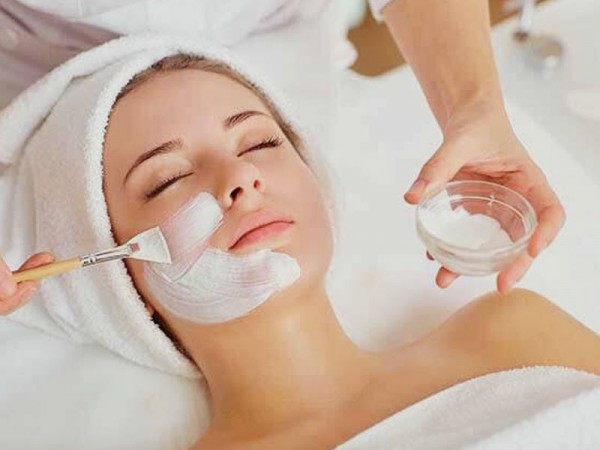
Facial bleaching is a common cosmetic procedure that involves applying a chemical solution to the skin to lighten it. The primary goal is to reduce the appearance of dark spots, blemishes, and uneven skin tone.
People bleach their faces for various reasons, including:
Bleaching agents can make your skin more sensitive to the sun. This increased sensitivity can lead to:
Bleaching chemicals like hydroquinone, hydrogen peroxide, and ammonium hydroxide can react with ultraviolet (UV) rays from the sun. This reaction can lead to:
Summer heat can dehydrate your skin, and combining this with harsh bleaching chemicals can exacerbate the problem. This may result in:
Avoid bleaching your face during peak sunlight hours. Opt for early morning or evening when the sun’s rays are less intense.
Always apply a broad-spectrum sunscreen with at least SPF 30. Reapply every two hours, especially if you’re spending time outdoors.
Keep your skin hydrated. Use a gentle, hydrating moisturizer to counteract the drying effects of bleach.
Before applying bleach to your entire face, perform a patch test. This helps ensure you don’t have an adverse reaction.
Don’t overuse bleaching products. Give your skin time to recover between treatments.
Consult with a dermatologist before starting any bleaching regimen, especially during summer. They can recommend suitable products and provide guidance tailored to your skin type.
Consider natural alternatives to chemical bleaches. These include:
Chemical peels are another option for lightening skin, but they should be used with caution during summer due to similar sensitivity issues.
Laser treatments can effectively reduce dark spots and pigmentation but require professional supervision and strict sun protection post-treatment.
Drink plenty of water to keep your skin hydrated from the inside out.
Use a mild cleanser to wash your face. Avoid harsh scrubs that can irritate your sensitive skin.
Stay away from products with strong chemicals, such as retinoids or acids, immediately after bleaching.
Apply cool compresses to soothe your skin if you experience any irritation.
Wear hats and sunglasses to shield your face from direct sunlight.
Look out for:
Symptoms may include:
Continuous use of bleaching products can lead to:
Bleaching your face during summer requires caution and proper care. While it can help achieve a desired skin tone, the risks associated with sun exposure and chemical reactions must not be overlooked. By taking appropriate precautions and exploring safer alternatives, you can protect your skin and maintain its health.
Salman Khan's 'Sikandar' Kicks Off Filming with Epic Action Sequences